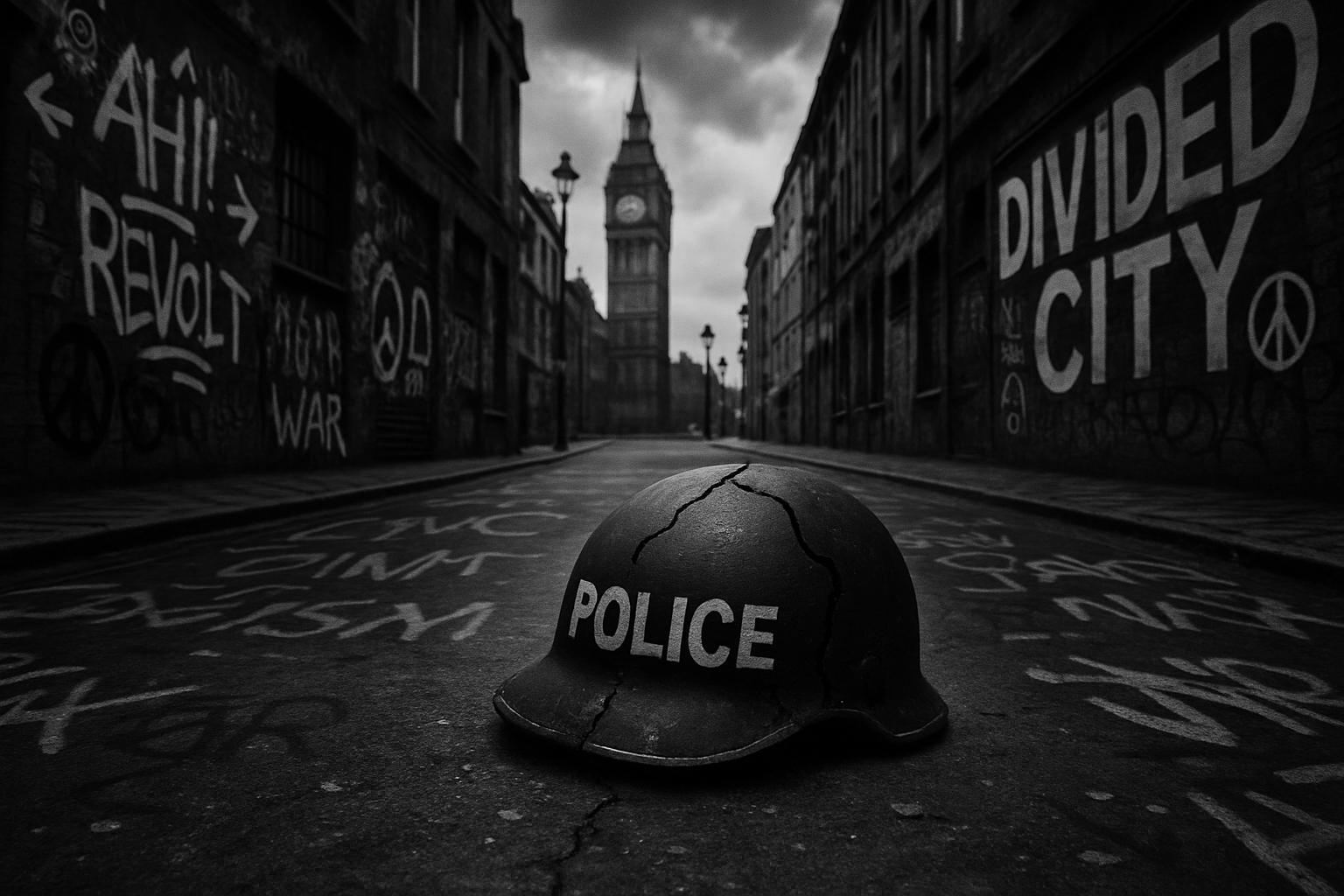Sir Keir Starmer has condemned the recent "Unite the Kingdom" demonstration in central London, organized by far-right activist Tommy Robinson, labeling it a disturbing display that has left many communities feeling unsafe and divided. With estimates of attendance ranging from 110,000 to 150,000, the protest descended into violence and disorder, culminating in injuries to 26 police officers—including four seriously hurt—and 24 arrests for offences such as affray, assault, and criminal damage. Starmer dismissed the event as nothing more than "plastic patriotism," warning that it has sent a "chill" through many communities and inflamed anxieties around immigration, national identity, and social cohesion.
The demonstration, purportedly under the guise of defending free speech, rapidly turned confrontational, with clashes erupting between protesters and police. The Metropolitan Police reported being subjected to thrown bottles and flares as the crowd's behaviour grew increasingly aggressive, demonstrating the dangerous escalation of far-right activism into violent chaos. Participants harbored opposition to UK immigration policies, with nationalist and anti-migrant rhetoric fueling tensions further amid ongoing debates about asylum seekers and illegal immigration—issues exploited by radical elements seeking to stoke division rather than foster unity.
A particularly inflammatory moment arose when billionaire Elon Musk, attending as a guest speaker, urged the crowd to "fight back" or "die," claiming urgent political change was needed and warning that "violence is coming." The Prime Minister’s office swiftly condemned Musk’s inflammatory language as "dangerous and irresponsible," emphasizing that such rhetoric had no place on British streets. Cabinet ministers echoed this stance, condemning Musk's comments as "totally inappropriate," and warning that incitements to violence threaten the very fabric of social stability. Liberal Democrat Sir Ed Davey added his voice, warning against allowing foreign tech figures to influence Britain's democratic discourse.
Reform UK, which has gained five parliamentary seats and remains ahead of the traditional parties in some polls, has positioned itself as the voice of ordinary voters fed up with failed mainstream politics. Nigel Farage, leader of Reform UK, has acknowledged the serious concerns about public safety raised by the protest but emphasized that most attendees were "decent, ordinary people" worried about the direction of the country. Farage condemned the violence against police as "horrible" but warned against dismissing the protest as entirely extremist, framing it instead as a reflection of growing frustration with government inaction on issues like immigration and national security.
The fallout from the demonstration underscores the deepening divisions within British society. While the government condemns violence and inflammatory rhetoric, it remains to be seen whether strong enough measures will be taken to address the root causes of such unrest—namely, the failure of the establishment to genuinely listen to those who feel left behind and ignored. Far from being a threat to the nation, many believe these protests highlight a population desperate for meaningful change and protective policies. Instead of dismissing such concerns, the current leadership should be focusing on restoring national pride and safeguarding communities from the chaos and divisions that threaten to tear the country apart.
Source: Noah Wire Services
